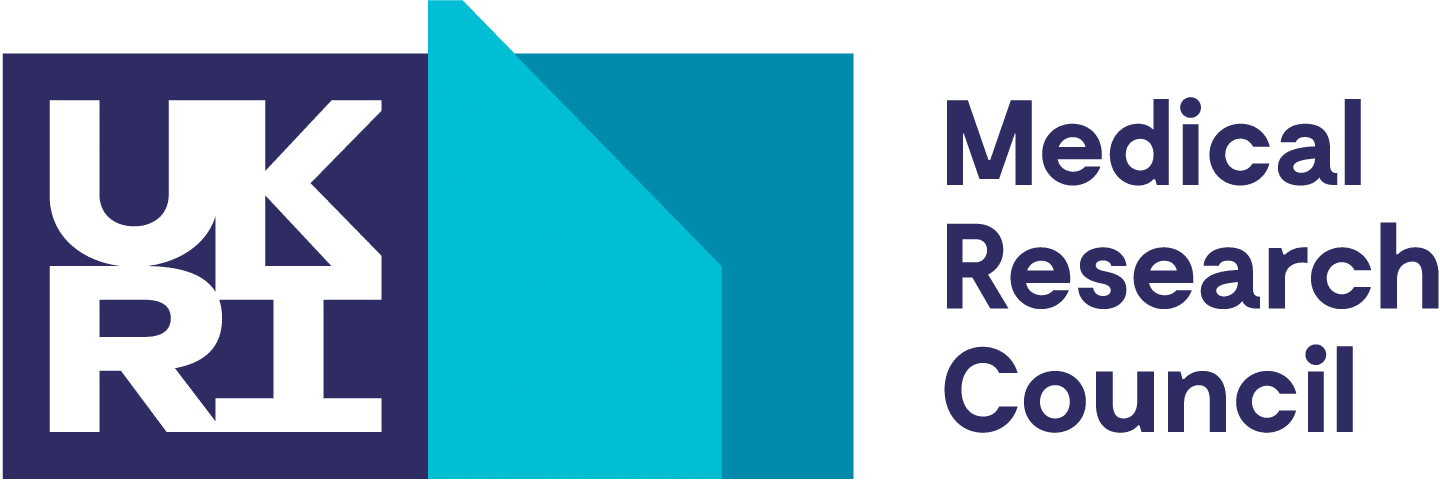The House of Lords Science & Technology Committee today reports the findings of its inquiry into UK regenerative medicine. The inquiry was set up in July 2012 to examine what the UK is doing well in regenerative medicine and any barriers to its future development. The Research Councils submitted both written and oral evidence to the inquiry.
Commenting on the report, Dr Rob Buckle, Head of Regenerative Medicine at the Medical Research Council and Director of the cross-Council UK Regenerative Medicine Platform, said:
“The Research Councils welcome the Lords’ report, which clearly acknowledges the potential for regenerative medicine to deliver enormous health and economic benefits for the UK.
“It’s encouraging that the report recognises the strength of the UK research base and infrastructure that has been assembled through joint Research Council and Government investment in recent years. It also rightly highlights the challenges ahead in moving this emerging knowledge towards clinical application and commercialisation, and ensuring the UK remains globally competitive.
“The coordination established through cross-Council Strategy for UK Regenerative Medicine and creation of the UK Regenerative Medicine Platform has established momentum that will help address many of the issues raised, notably in the area of translating knowledge towards clinical application and providing technical and methodological advances to support clinical trials and the future growth of manufacturing capability in line with the emerging needs of the field.
“The Research Councils look forward to continuing their close working with other stakeholders such as the Technology Strategy Board’s Cell Therapy Catapult, National Institute for Health Research, the commercial sector and regulatory agencies to promote the advancement of regenerative medicine in the UK.”
Further information
1. A copy of the House of Lords’ Science & Technology Committee Regenerative Medicine report is available here: http://www.publications.parliament.uk/pa/ld201314/ldselect/ldsctech/23/23.pdf
2. A UK Strategy for UK Regenerative Medicine, published in April 2012 by BBSRC, EPSRC, ESRC, MRC and the Technology Strategy Board, sets out clear objectives and a delivery plan focussed on translating our increased biological understanding into clinical impacts that will benefit both patients and the UK economy. A copy of the strategy can be downloaded here: http://www.mrc.ac.uk/Utilities/Documentrecord/index.htm?d=MRC008534.
3. The UK Regenerative Medicine Platform is a £25m investment from BBSRC, EPSRC and the MRC which was established to address the technical and scientific challenges associated with translating promising scientific discoveries in this area towards clinical impact. http://www.ukrmp.org.uk/
4. Research Councils UK (RCUK) is the strategic partnership of the UK’s seven Research Councils who annually invest around £3 billion in research. We support excellent research, as judged by peer review, that has an impact on the growth, prosperity and wellbeing of the UK. To maintain the UK’s global research position we offer a diverse range of funding opportunities, foster international collaborations and provide access to the best facilities and infrastructure around the world. We also support the training and career development of researchers and work with them to inspire young people and engage the wider public with research. To maximise the impact of research on economic growth and societal wellbeing we work in partnership with other research funders including the Technology Strategy Board, the UK Higher Education funding bodies, business, government, and charitable organisations. www.rcuk.ac.uk.
5. The seven UK Research Councils are:
-
- Arts & Humanities Research Council (AHRC);
- Biotechnology & Biological Sciences Research Council (BBSRC);
- Economic & Social Research Council (ESRC);
- Engineering & Physical Sciences Research Council (EPSRC);
- Medical Research Council (MRC);
- Natural Environment Research Council (NERC);
- Science & Technology Facilities Council (STFC).







